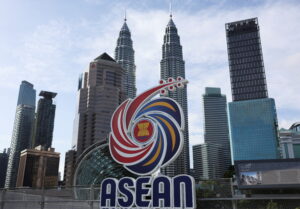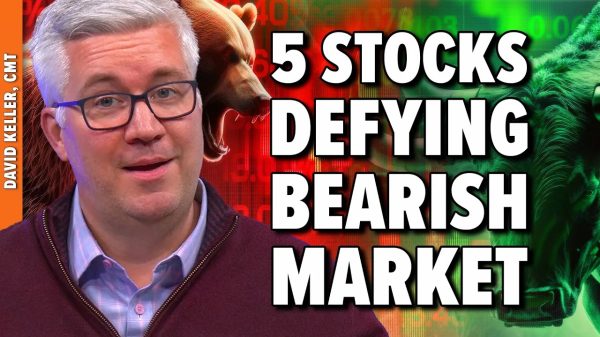
Over the past ten years, SEO has evolved from a technical tool into an intellectual discipline that combines analytics, user behavior psychology, and machine learning technologies.
Search engines have learned to understand context, intent, and the tone of queries, which has changed the very nature of website promotion.
If earlier success was determined by the number of links and the frequency of keywords, today the main factor is understanding user intent and creating content that truly answers their query. This became possible thanks to the implementation of artificial intelligence and algorithmic data analysis systems.
Artificial Intelligence as the New Foundation of SEO
Modern search algorithms, such as Google RankBrain, BERT, and MUM, are capable of analyzing semantic connections between words and predicting which content will be the most relevant. This makes SEO a more intelligent process, in which AI determines priority not by technical parameters but by the quality of information and behavioral factors.
AI algorithms make it possible to:
- analyze thousands of pages per second, identifying weaknesses in content;
- predict changes in search algorithms;
- identify patterns of successful promotion in specific niches.
According to HubSpot (2024), 65% of companies already use AI for SEO data analysis, automated reporting, and meta tag optimization.
Automation as a Driver of Productivity
Automation of SEO has changed the very process of promotion. Instead of manually analyzing links, keywords, and traffic, specialists now use systems that collect data in real time, generate forecasts, and optimize pages.
Tools such as SurferSEO, Ahrefs, Semrush, and MarketMuse use machine learning algorithms to:
- analyze competitors;
- generate content recommendations;
- determine the optimal structure of pages;
- track SERP positions dynamically.
Thanks to automation, SEO is turning from a mechanical process into a controlled decision-making system. According to a Deloitte (2025) study, the implementation of automated solutions increases team productivity by up to 40%, and the accuracy of forecasts by 35%.
Data-Driven SEO: A New Philosophy of Promotion
Modern SEO strategies are based on data analytics that combine technical, behavioral, and commercial metrics.
The data-driven approach allows SEO experts to use platforms such as Google BigQuery, Tableau, and Power BI to build their own dashboards and predictive models.
Key advantages of this approach include:
- reducing dependence on subjective hypotheses;
- increasing the accuracy of strategic decisions;
- integrating SEO with the company’s CRM and BI systems.
The Human Factor: The New Role of the SEO Specialist
Despite the widespread implementation of AI, SEO remains a profession that requires creativity and analytical thinking.
The promotion specialist becomes a strategist and analyst rather than a performer of routine tasks.
Their role is to interpret data, understand the client’s business goals, and build a strategy at the intersection of technology and content.
The main competence of the new generation of SEO experts is the ability to speak the language of algorithms but think like a user.
The Future of SEO: The Symbiosis of AI and Humans
The development of neural networks such as GPT-5 and Claude opens up the prospect of fully adaptive SEO systems capable of independently testing hypotheses and making adjustments.
However, it is precisely the combination of human experience and algorithmic intelligence that will determine the effectiveness of promotion.
According to a McKinsey Digital (2025) forecast, by 2027 more than 80% of SEO operations will be automated, and the main focus will shift to strategy, UX, and high-quality content.
Conclusion
SEO has entered an era of intellectual transformation. Artificial intelligence and automation do not replace specialists but rather enhance them, turning manual optimization into the management of data and strategies.
Businesses that use AI tools for SEO gain a sustainable advantage: they adapt more quickly to search engine algorithms, analyze user behavior more accurately, and build communication with their audience more effectively.
The future of SEO is the integration of analytics, technology, and human thinking into a single whole.
Written by: Aleksander Kalinin
An experienced SEO expert and digital entrepreneur specializing in data-driven marketing, SEO technologies, and scalable web platform development.



























